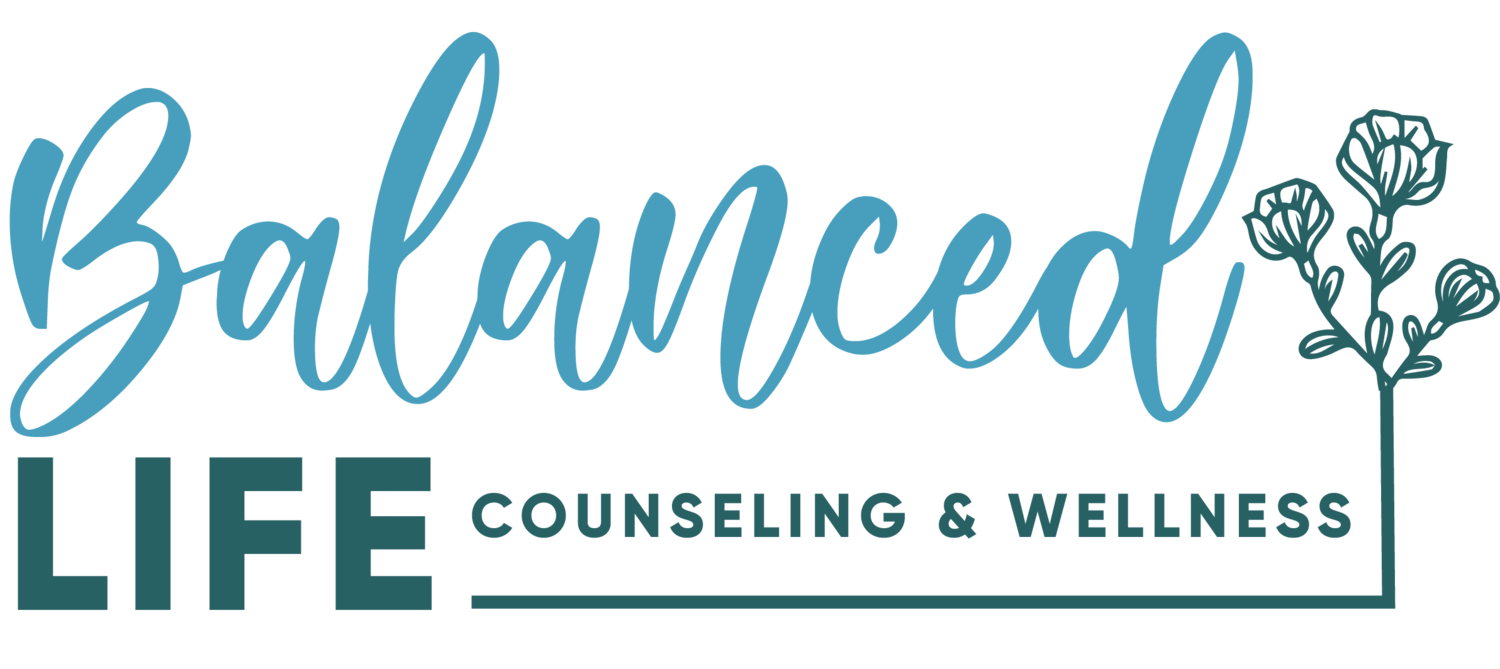
Eye Movement Desensitization & Reprocessing (EMDR).
-

What is EMDR?
What is EMDR? EMDR is an evidenced based therapy that allows for processing bothersome or traumatic experiences that we just can’t seem to “get over.” When we experience a distressing or traumatic event, often times we keep reliving the event through flashbacks or vivid memories, making it difficult to move forward in life. EMDR uses bilateral stimulation (back and forth movement) while focusing on a specific memory or event to aid the brain in fully processing the stuck memory so that it is no longer bothersome/traumatic.
-

EMDR FAQs
What does EMDR treat?
EMDR was originally developed as a treatment for Trauma, but it is also effective in treating depression, anxiety, phobias, chronic pain, self-confidence and more.
How is EMDR different from other therapies?
EMDR does not involve a lot of talking, so there is no pressure to verbalize or share your trauma story if you don’t want to. EMDR is more of an internal process and your therapist is there to guide you.
How do I know if I am ready for EMDR?
EMDR is a structured therapy treatment with 8 phases. Before beginning the processing phase, your therapist will work with you to make sure you have good coping strategies and resources to help you manage anything that comes up during processing. You will not begin the processing phase until both you and your therapist believe you are ready for this.
For more information on EMDR, visit www.emdria.org
-

Intensive Sessions
We offer intensive EMDR sessions (sometimes referred to as intensive sessions) for 2-6 hours per session.
The benefits of an intensive session is that you may only need the one session to resolve the issue that is bringing you into therapy (*this is not guaranteed), giving your relief and healing sooner.
Click the button below to learn more about EMDR Intensives and if this would be a good option for you.
